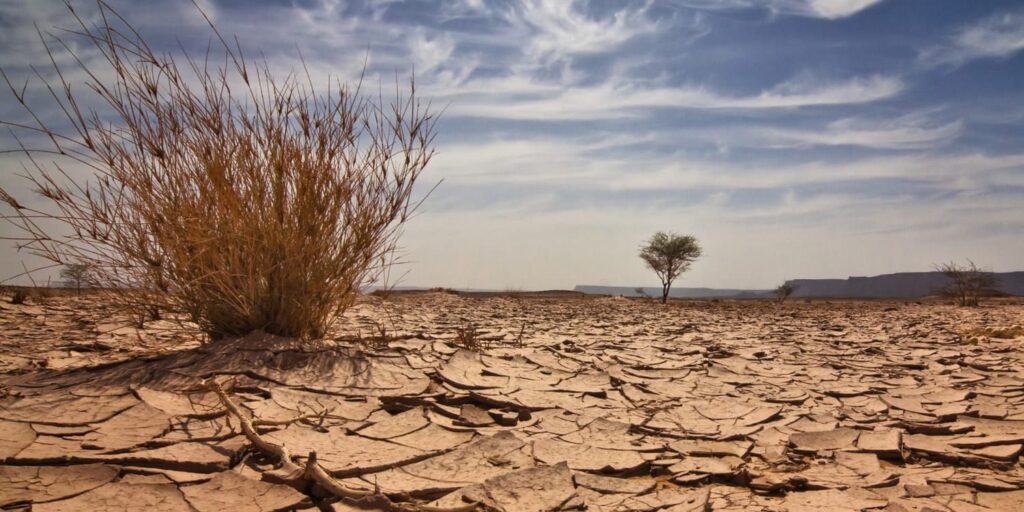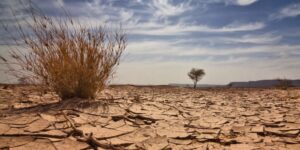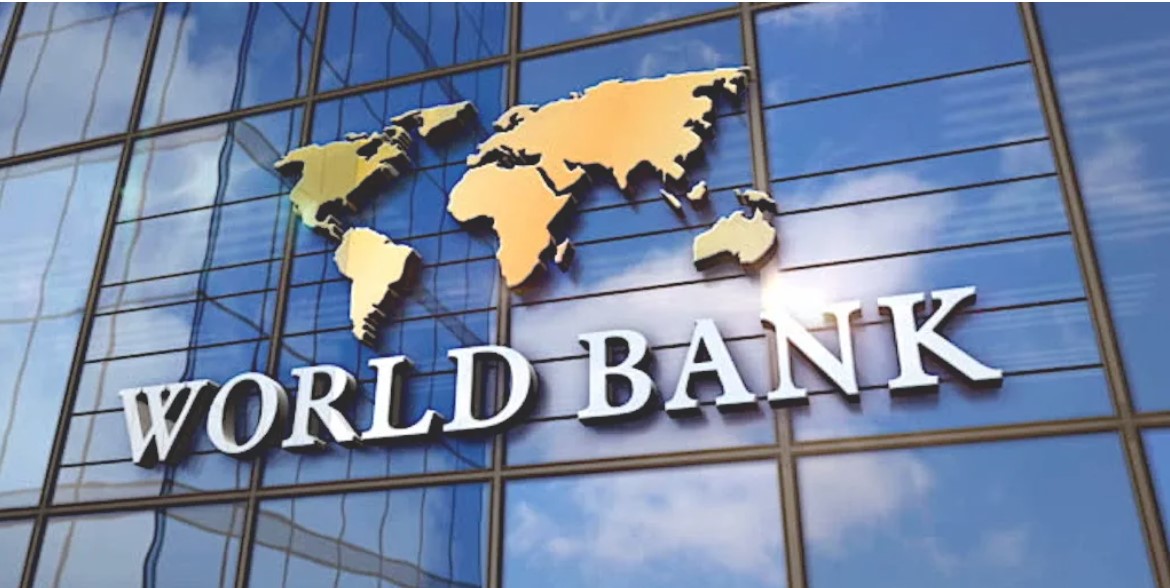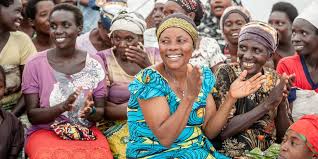
Climate shocks could cost Nigeria $2.4 billion to prevent household poverty, World Bank warns
- Climate Change
- No Comment
- 265

Nigeria will require an estimated $2.4 billion, equivalent of about 0.6% of its Gross Domestic Product (GDP), to shield its households from falling into poverty after experiencing a climate shock.
This is according to the World Bank’s latest Finance and Prosperity 2024 report.
This projection shows the severe financial impact that climate-related events, such as droughts or floods, could have on vulnerable Nigerian households.
Nigeria most affected
The World Bank report reveals that climate shocks are increasingly contributing to poverty in emerging markets and developing economies (EMDEs), with Nigeria highlighted as one of the most affected countries.
It further emphasizes the importance of matching weather data with survey responses from households to better understand their income and welfare needs during climate shocks. This approach can help policymakers determine the level of financial assistance necessary to prevent poverty escalation.
The report read: “Understanding the impact of climate shocks on household poverty is crucial for determining the extra financial assistance required to prevent households from falling into poverty after a shock. This can be done by matching weather data with survey responses from households on their income and welfare needs.
“For example, households in Malawi are estimated to need $600 million (2 percent of GDP) to stay out of poverty following a drought year compared to a good agricultural season. In Nigeria, this amount is estimated at $2.4 billion or around 0.6 percent of GDP.”
The way forward
In addition to direct financial aid, the World Bank suggests that countries like Nigeria adopt a comprehensive financial resilience strategy that includes savings, credit, and insurance.
Such a strategy can help households build wealth, manage income fluctuations, and access necessary funds during times of crisis.
The government is also encouraged to subsidize insurance premiums initially, giving households time to accumulate savings and reduce their vulnerability to future climate shocks.
The report noted: “While channeling emergency funds through (adaptive) social protection systems can be useful for the most vulnerable people, broader financial inclusion is key to building resilience more broadly.
“Financial services for resilience can be distributed as a comprehensive, risk-layered protection package across savings, credit, and insurance. Savings accounts enable households to build wealth to smooth income and manage moderate shocks, which can be complemented by contingent credit. Insurance can then provide larger amounts of funds in the event of a more severe shock.
“Insurance not only swiftly provides funds after a shock but also encourages households to make productive decisions by reducing risk. This, in turn, can enhance their appeal to credit providers concerned about loan repayment capabilities.
“Government can play a role by subsidizing insurance premiums in the initial years to provide households time to build savings to cover the needs of moderate shocks and to incentivize the private sector to distribute the products while they reach scale.”
What you should know
Last year, the National Bureau of Statistics (NBS) reported that the Nigerian floods in 2022, which tragically took the lives of hundreds, resulted in significant damage costs between $3.79 billion and $9.12 billion.
The Minister of State for Agriculture and Food Security, Sen. Abdullahi Sabi Aliyu recently said that up to 51% of farming areas in Nigeria are liable to flooding in 2024.
A recent report by the World Bank shows that extreme weather events are devastating health globally and climate’s negative effects could drive 44 million people into poverty by 2030.
The World Bank earlier said that cash transfers can help save Nigerians from intergenerational poverty traps as inflation and low economic growth adversely affect the poor.
By Sami Tunji
Climate shocks could cost Nigeria $2.4 billion to prevent household poverty, World Bank warns





